|
Mountain Bluebirds must be one of the most beautiful songbirds that grace our skies here in Central Oregon. I was blessed this summer to be able to save 4 baby mountains who had sadly lost their parents somehow. The kind home owner who noticed this, intervened after a day and called us. The babies were a bit burdened by parasites and a bit thin, and of course quite hungry, but luckily nothing else was wrong. So, in they came. We are careful to interview people when they want to bring in a full nest of fairly healthy birds. But in this case, their body status did indicate that the parents were struggling to feed them and they needed treatment for mites. With even one parent missing, if the family is having difficulty feeding already, then having a missing parent would have meant a slow starvation for these sweeties. Its nice when owners observe and watch the nest boxes they have. Not only is it fun for them, but they know right away when birds are having a hard time. This summer was difficult for many insectivores since June was really frigid and then we shot up into the 90s, both temperatures take their toll on bugs...and thus baby birds. These babies lucked out and got all the bugs they needed from us! This summer we created a large indoor aviary because the hot temperatures in July were making the aviaries quite steamy. We often mix and match baby birds once they are fledging so that they have the sense of being with a larger flock (but only if they get along!). Other older birds too can help the younger ones learn to eat out of dishes on their own. The bluebirds had as company a Townsend's Solitaire, Barn Swallows, and 2 feisty Lesser Goldfinch. It was very sweet to see them perched all together at the end of the day. About Mountain Bluebirds These beautiful birds are in the family as the American Robin - they are thrushes. And of all the thrushes they eat the most insects. This is why we do not see them at our feeders and instead out in wide open meadows and sometimes agricultural lands. They love caterpillars, but eat many flying insects as well. They also glean insects from trees like aphids which makes them good for the forest. You will see them perched on fences and on tree limbs on the edges of a forest meadow waiting to flit out from their perch, grab the bug, and land again. They can also hover and dive bomb. Ground insects are not safe either, these expert insectivores will spend some time on the ground hunting beetles and crickets. In Central Oregon we get to enjoy these sweet birds year-round, some winter here from northern climates, while others are local migrants moving from different areas for breeding or wintering habitat.
Bluebird populations are stable, specially now with fires opening up more habitat. They expanded with logging at the turn of last century, then declined with the use of DDT and the overgrowth of our forests (from logging large trees and clearcutting). Now, they compete with House Wrens, House Sparrows, and Swallows. But swallows will happily nest in an adjacent box, so always post two boxes if trying to offer homes to bluebirds. Swallows are in decline, and they need the same size home. Mountain bluebirds are one bird that actually benefits from prescribed burns (unlike a lot of other birds that need shrub cover). Mountain bluebirds need wild, native grasses, so our agricultural lands don't really help them like it does Robins. However, humans can assist these lovely important birds by keeping cats indoors and if offering nest boxes, making sure we do not feed raccoons and other bird predators. Putting a box on a metal conduit post is a great solution for preventing depredation. See the instructions for a great box for this bird at www.treeswallowproject.com. And be sure to post one for the swallow too! Note: wish I was a skilled photographer, but my phone just doesn't do it. The adults in this post are all stock photos, only the babies are Native Bird Care.
0 Comments
Your comment will be posted after it is approved.
Leave a Reply. |
AboutNative Bird Care's is celebrating its 10th anniversary! Our main focus is song, shore, and waterbirds. We offer specialized care and facilities for these extraordinary birds.. Archives
July 2024
Categories
|
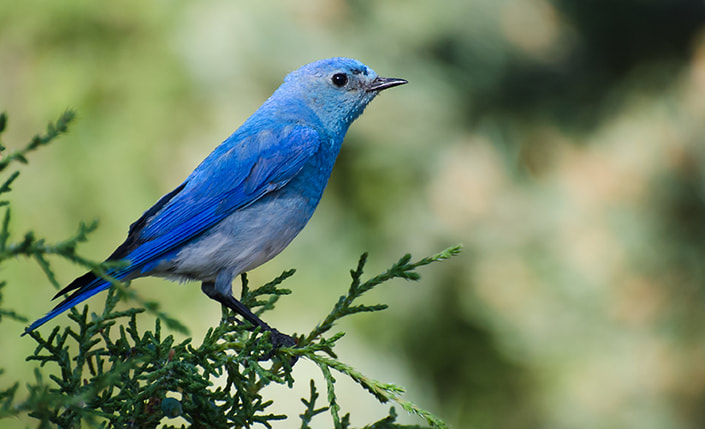
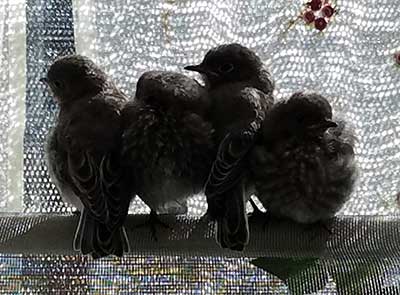
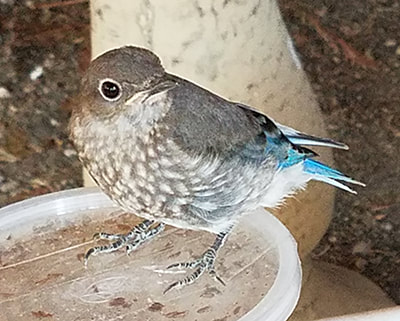
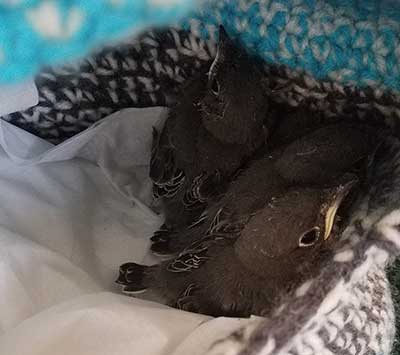
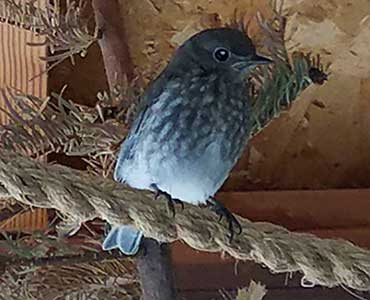
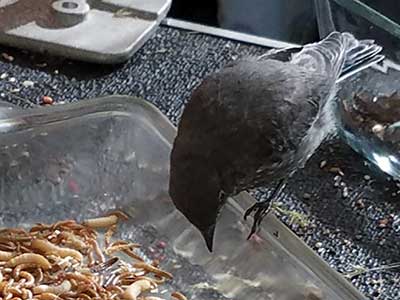
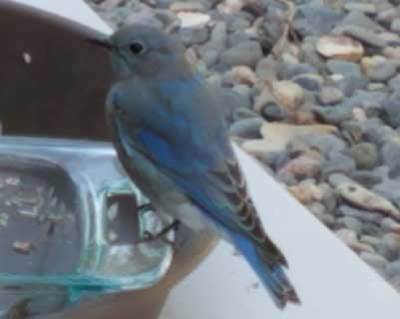
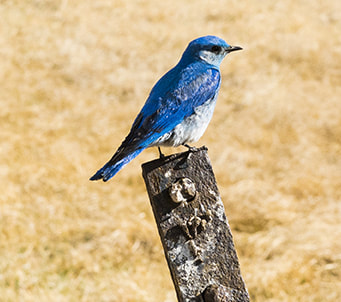
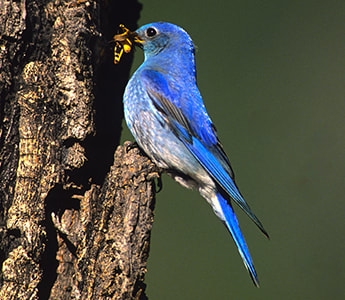
 RSS Feed
RSS Feed